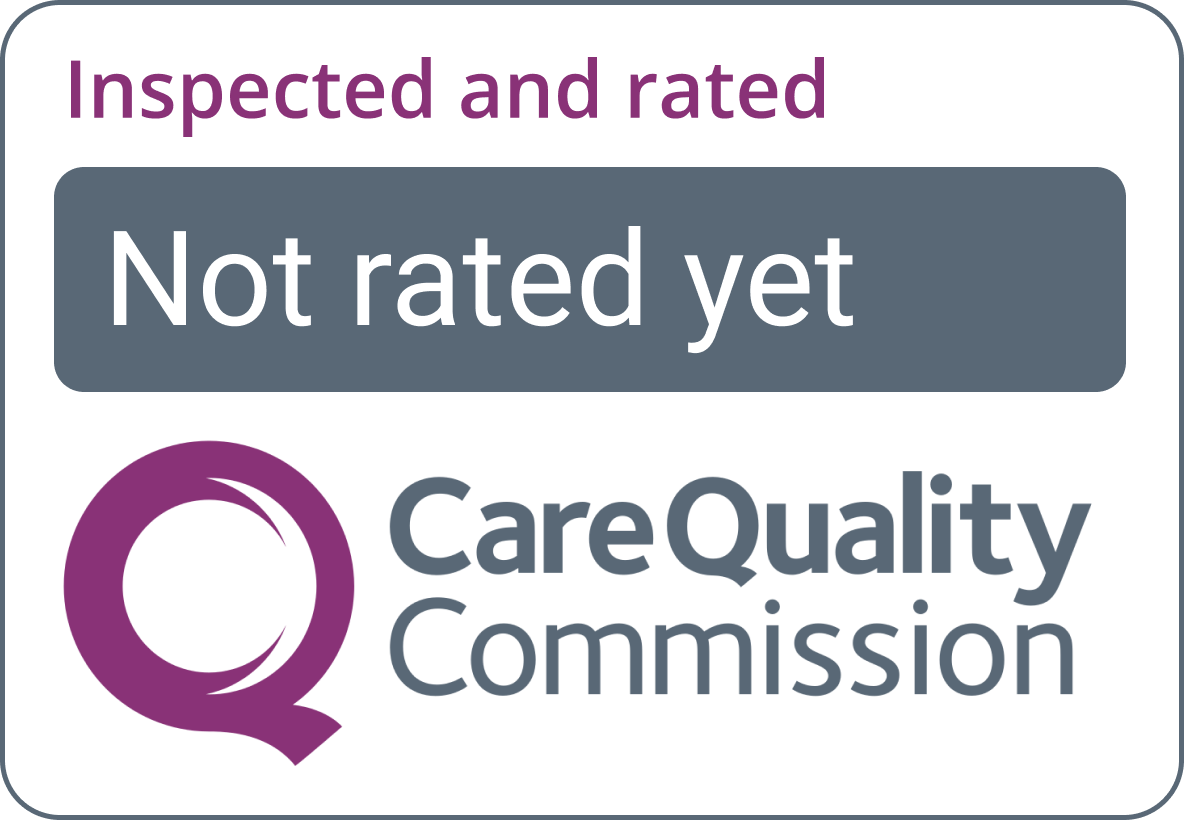The Specialist Psychotherapy Service (SPS) offers individual and group psychotherapies to people over the age of 18 who have complex emotional difficulties which remain present despite previous interventions.
We are a tertiary service, accepting referrals from primary care (GPs and Sheffield Talking Therapies), Primary and Community Mental Health Teams (PCMHT) and secondary care.
We also provide specialist education and training to both universities in Sheffield, and actively take part in research projects.
SPS is formed of two teams: the Mood, Anxiety and Post-Traumatic Stress Disorder Psychotherapy Service (MAPPS) and the Personality/Complex Trauma Team (PCT).
The Specialist Psychotherapy Service is accredited by the Royal College of Psychiatrists, Accreditation Programme for Psychological Therapies (APPTS).
SPS was highly commended in the 'improving care by an individual or team' category at the SHSC Shine Awards 2024.
What do we offer?
Both teams offer a range of individual and group therapies, including Cognitive Behavioural Therapy (CBT), Cognitive Analytic Therapy (CAT), Eye Movement Desensitisation Reprocessing Therapy (EMDR), Gestalt Psychotherapy, group and individual Psychodynamic Psychotherapy and full program Dialectical Behaviour Therapy (DBT).
Mood, Anxiety and Post-Traumatic Stress Disorder Psychotherapy Service (MAPPS)
This team works with people who are experiencing long-term or recurring difficulties related to depression, anxiety disorders and post-traumatic stress disorder.
The people we support may be experiencing difficulties in more than one of these areas and will have accessed other first line treatments such as therapy, counselling or medication at least once before being referred to us.
Personality/Complex Trauma (PCT) Team
The team provides psychotherapy for people with complex emotional needs who may have experienced multiple traumas and/or disrupted early attachments.
Some people who use this team have a diagnosis of Emotionally Unstable Personality Disorder/Borderline Personality Disorder or have difficulties with emotional regulation.
It is not essential for people to have this diagnosis to be seen by the team.

